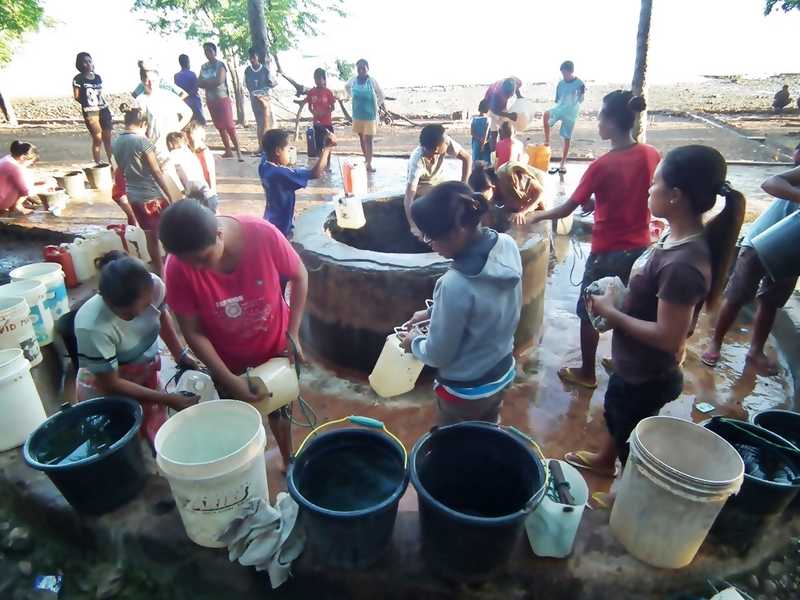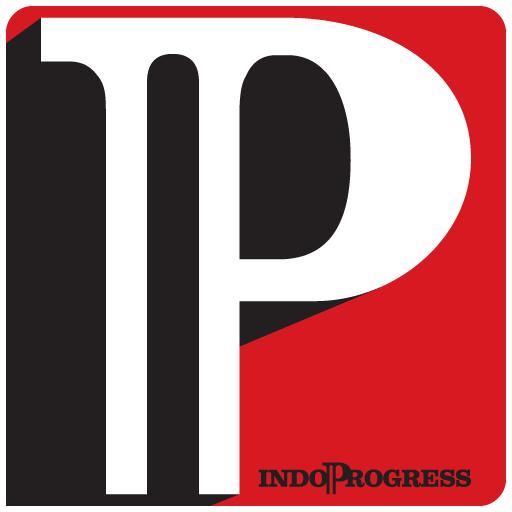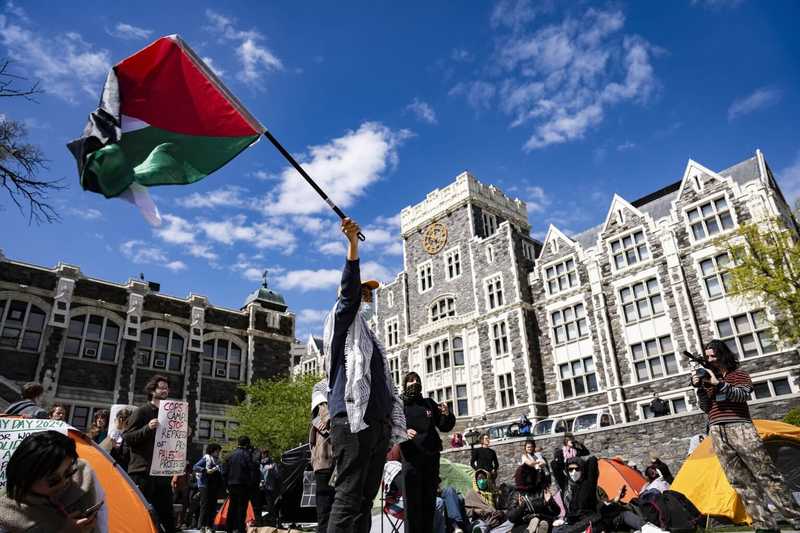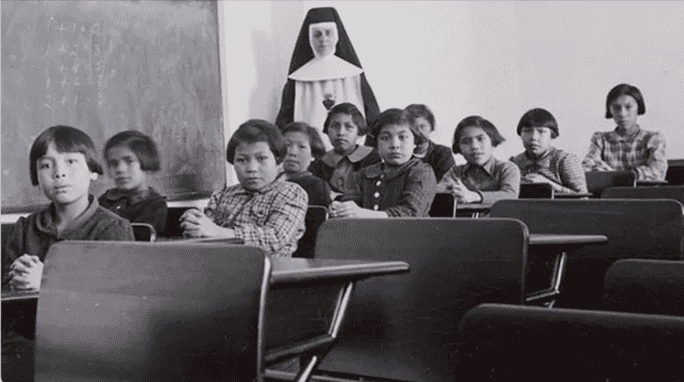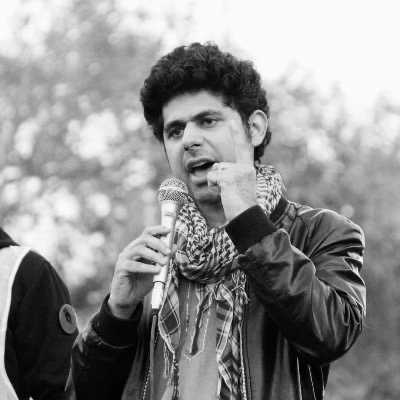
A large part of humanity today comprises what Marx called “surplus populations” — people deemed unnecessary from the point of view of capital accumulation. The result is that the world is increasingly divided between those who control the global wealth and those who are excluded from it. This exclusion is not only a result of ideological maneuvering in which the horrific plight of the marginalized gets buried under the fancy jargon of “growth” and “development”. In a more spectacular manner, this exclusion is inscribed onto space with the mushrooming of walls and hardening of borders both between and within nation-states, separating the wealthy from the rest. This separation is sustained through increased militarization of everyday life and a terrifying network of surveillance whose precision and outreach would put to shame the most totalitarian regimes of the 20th century.
This violent partitioning of the world is expected to be accentuated as militarization, unemployment and the looming climate catastrophe push more people into an unanchored existence. As a desperate attempt to preserve itself, the system is unleashing fascist forces to mobilize public opinion against potential opponents. The result is the rise of reactionary groups and leaders who use the language of change while directing their hatred towards vulnerable populations such as refugees, women, and minorities rather than the corporate and militarized states that fuel the current crisis.
For example, in Pakistan, decades of neoliberal restructuring at the behest of the International Monetary Fund has left the country crippled with rising inflation, wage cuts, and reduced spending on an already weak public sector. As the West begins to talk about a post-Covid-19 world, 40 percent of deaths in Pakistan still occur due to water-borne diseases, while less than one percent of the country’s population is vaccinated for Covid-19. The result of this imperialist exploitation by international financial institutions and compliant local elites is the erosion of political legitimacy for the traditional ruling class. The vacuum is being filled by religious extremists who present a misrecognized critique of the system by scapegoating women and minorities, revealing their impotence in confronting the material architecture underpinning neoliberal capitalism.
We are thus confronted with a situation in which a fight against phantoms replaces serious proposals for an economic alternative to the prevailing system. The result is an insular politics in which the weak are being pitted against the weaker in an endless race to the bottom. This violent deadlock represents the disorientation induced by the foreclosure of alternatives to a murderous and failing global order. In the words of Antonio Gramsci, “the old is dead and the new is yet to be born. It is the time of monsters.”
The Progressive International, with its ambitious plan to build an internationalist alternative, signifies the new beginning that can challenge the suffocating grip of the status quo. By presenting an alternative to both a bankrupt liberalism and an ascendant right-wing populism, PI invites progressive activists to rethink the material relations in our world that fuel militarism, racism, patriarchy and climate change. It means envisioning a new program and a new practice of politics that asserts the dignity of life across the globe.
Only a new internationalism, premised upon concrete struggles in specific regions while upholding universal principles of equality, dignity and freedom, can chart out a path towards economic, political and social justice. Corporate elites and reactionary forces are already united on a planetary scale to intensify the exploitation of the most vulnerable sections of society. They can be defeated by a global alliance of the oppressed that reorients public rage towards corporate monopolies and failed political elites that enrich themselves at the cost of ordinary people. This urgent task of imagining and building an alternative future must begin now.
“Internationalism or Apartheid” are the options available to humanity. It is time we choose a side.
Ammar Ali Jan is a historian who works on Communist thought in the non-European world. He is a member of Haqooq-e-khalq Movement, an anti-capitalist organization that is working among workers, farmers, students and women to build an alternative political project. He is also a regular contributor to a number of publications, including The News International, Al Jazeera and Jacobin.

